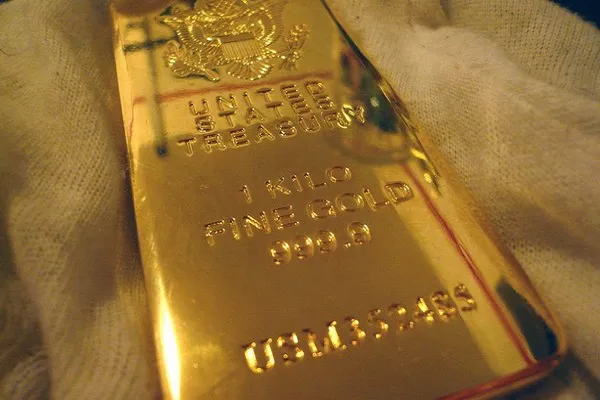Gold, known for its intrinsic value and role as a hedge against economic uncertainties, has been a favored asset for investors seeking to protect their wealth. While owning physical gold is a common strategy for hedging, another avenue exists for risk management—gold futures. In this article, we will explore the use of gold futures for hedging purposes, discussing what they are, how they work, and answering frequently asked questions related to using gold futures as a hedge.
I. Understanding Gold Futures
Gold futures are financial contracts that obligate the buyer to purchase and the seller to sell a specified quantity of gold at a predetermined future date and price. These contracts are traded on futures exchanges, providing investors with a standardized and regulated way to gain exposure to gold prices without physically owning the metal.
II. Hedging with Gold Futures
1. Gold Producers and Miners
Gold producers and miners are exposed to the price volatility of gold. They can use gold futures to hedge against adverse price movements by selling futures contracts. By doing so, they lock in a price for their future gold production, reducing the risk of price declines.
2. Jewelry Manufacturers and Retailers
Jewelry manufacturers and retailers often require a steady supply of gold for their products. They can use gold futures to hedge against rising gold prices by buying futures contracts. This allows them to secure a future supply of gold at a predetermined price, ensuring stable production costs.
3. Portfolio Diversification
Investors who hold a significant amount of gold in their portfolios can use gold futures for hedging purposes. If they anticipate a short-term price decline, they can sell gold futures contracts to offset potential losses in their physical gold holdings. Conversely, if they expect a price increase, they can purchase futures contracts to lock in buying prices.
III. Benefits of Using Gold Futures for Hedging
1. Risk Management
One of the primary benefits of using gold futures for hedging is risk management. Futures contracts allow individuals and businesses to protect themselves from price fluctuations, ensuring more predictable outcomes and reduced financial exposure.
2. Liquidity and Efficiency
Gold futures are traded on highly liquid exchanges, making them accessible and efficient for hedging purposes. Traders can enter and exit positions with ease, minimizing transaction costs and slippage.
3. Standardization
Gold futures contracts are standardized, meaning they have predefined contract sizes and expiration dates. This standardization simplifies the hedging process, as investors don’t need to negotiate individual terms with each counterparty.
IV. Risks and Considerations
While gold futures can be effective for hedging, they also come with risks and considerations:
1. Margin Requirements
Traders must meet margin requirements when trading gold futures. Failure to maintain adequate margin levels can lead to margin calls and potential liquidation of positions.
2. Market Volatility
Gold futures can be subject to market volatility, and sudden price movements can result in significant gains or losses. Hedgers should carefully monitor their positions and consider stop-loss orders to manage risk.
3. Roll Costs
Holding gold futures contracts for extended periods may result in roll costs. These costs arise from rolling positions forward to the next contract expiration date, potentially affecting the overall effectiveness of the hedge.
V. FAQs on Using Gold Futures for Hedging
1. Can individual investors use gold futures for hedging?
Yes, individual investors can use gold futures for hedging, but they should be aware of the risks and complexities involved. It’s advisable to have a good understanding of futures markets or consult with a financial advisor.
2. Are there other ways to hedge with gold besides futures contracts?
Yes, investors can hedge with gold through various means, including owning physical gold, gold exchange-traded funds (ETFs), and gold options contracts.
3. Are there tax implications when using gold futures for hedging?
Tax implications related to gold futures can vary by jurisdiction and individual circumstances. Investors should consult with a tax professional to understand any potential tax considerations.
4. Can gold futures be used for speculative purposes as well as hedging?
Yes, gold futures can be used for both speculative trading and hedging. While some investors use futures to profit from price movements, others use them primarily for risk management.
5. What factors should be considered when deciding to hedge with gold futures?
Factors to consider include your exposure to gold price risk, your risk tolerance, your understanding of futures markets, and your specific financial goals. Consulting with a financial advisor is advisable when making hedging decisions.

